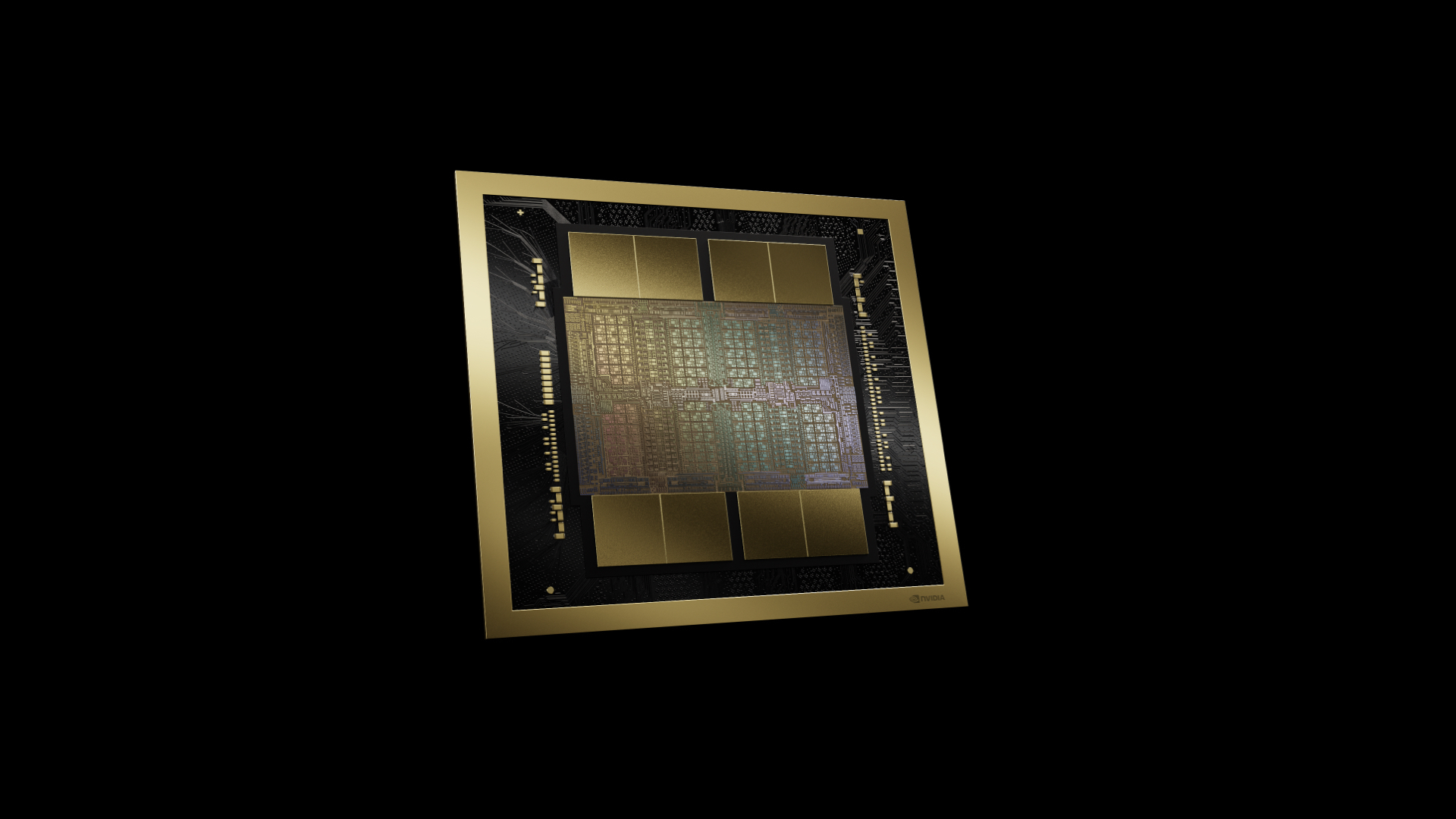U.S. finally grants Nvidia license to ship AI GPUs to UAE: 500,000 Blackwell GPUs coming to the Gulf region
Billions of dollars at stake.

The U.S. government has finally granted Nvidia an export license to ship tens of billions of dollars' worth of leading-edge AI GPUs to the United Arab Emirates, initiating the first stage of a large bilateral technology partnership, reports Bloomberg. However, none of the AI accelerators shipped to the UAE will be destined for Abu Dhabi-based AI outfit G42, but will be operated by American companies that have datacenters in the UAE.
The authorization follows a May agreement allowing the UAE to purchase up to 500,000 advanced Nvidia processors each year (Blackwell for now, Rubin and Feynman in the coming years), while committing to $1.4 trillion of investment in the U.S. over the next decade. Each side is expected to match contributions on a dollar-for-dollar basis. The initial set of permits excludes chips for G42, Abu Dhabi's state-backed AI firm that is developing a 5 GW data center primarily for OpenAI. However, under the terms of the arrangement, G42 will get 20% of AI processors bound for the UAE in the future.
The policy marks a sharp shift from the Biden administration, which had restricted AI chip exports to prevent potential diversion to China. Under the new direction, national caps are being lifted in favor of bilateral frameworks where allies commit to using U.S.-operated cloud infrastructure. Commerce Secretary Howard Lutnick confirmed that only data centers managed by approved American operators will be eligible to run these systems.
To a large degree, the deal marks the start of a new era of U.S. 'AI diplomacy' that links AI hardware sales with equal Emirati investment and tighter control over regional AI infrastructure, which essentially ties economics with strategic interests. U.S. gains large-scale UAE investment and keeps a foothold in Middle Eastern AI expansion, while the UAE secures access to top-tier computing power that remains under American operational oversight.
The U.S. government considers the initiative as a tool to counter China's influence in the region. By embedding U.S. cloud providers and hardware into UAE infrastructure, they aim to prevent Huawei and other Chinese companies from introducing their standards and gaining market share in the country.
However, the plan has drawn skepticism from opponents. Several officials and legislators argue that the agreement lacks precise safeguards to ensure that Nvidia's AI accelerators are used exclusively in vetted environments, especially given the UAE's long-standing economic connections with Beijing. Some believe the U.S. conceded too much when expanding the yearly export limit from an earlier proposal of 100,000 processors to half a million, without tightening security obligations in return.
Future licensing rounds will depend on how the UAE's investments unfold. If successful, this partnership could serve as a prototype for similar deals with other allies seeking advanced AI hardware while reinforcing American control over their deployment.
Get Tom's Hardware's best news and in-depth reviews, straight to your inbox.
Follow Tom's Hardware on Google News, or add us as a preferred source, to get our up-to-date news, analysis, and reviews in your feeds. Make sure to click the Follow button!

Anton Shilov is a contributing writer at Tom’s Hardware. Over the past couple of decades, he has covered everything from CPUs and GPUs to supercomputers and from modern process technologies and latest fab tools to high-tech industry trends.